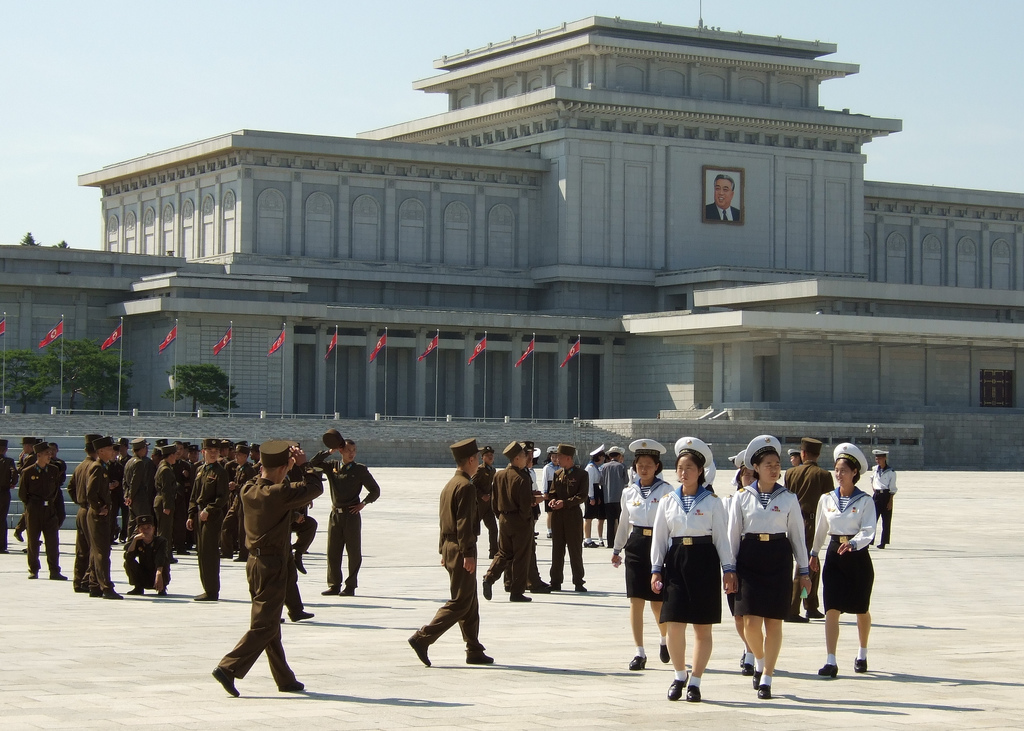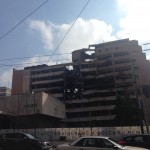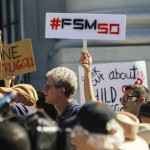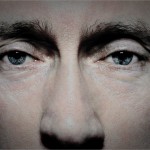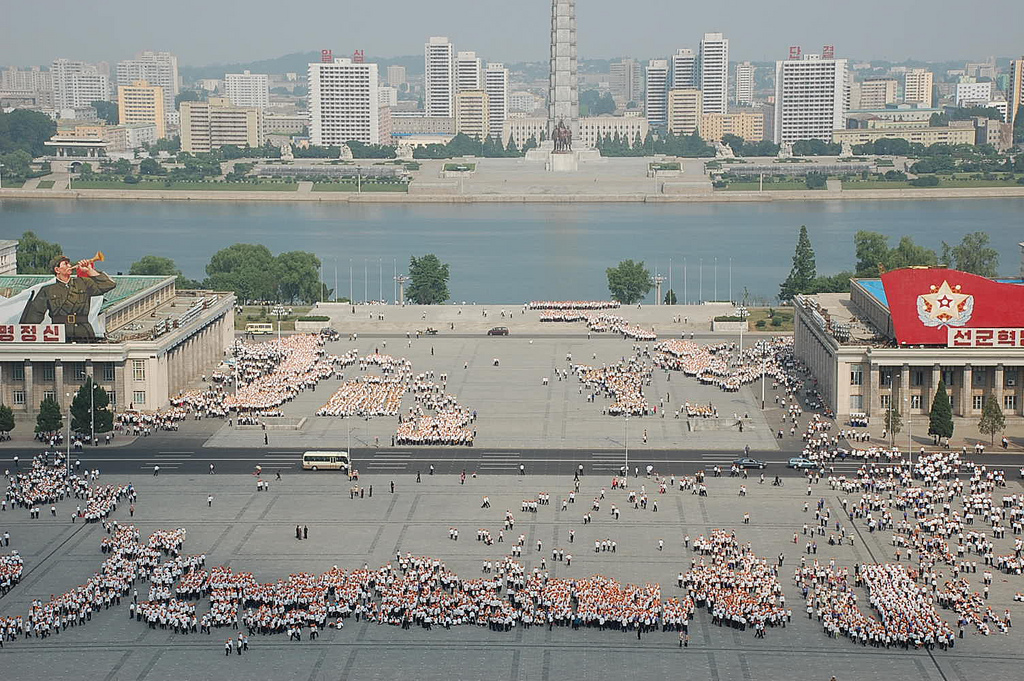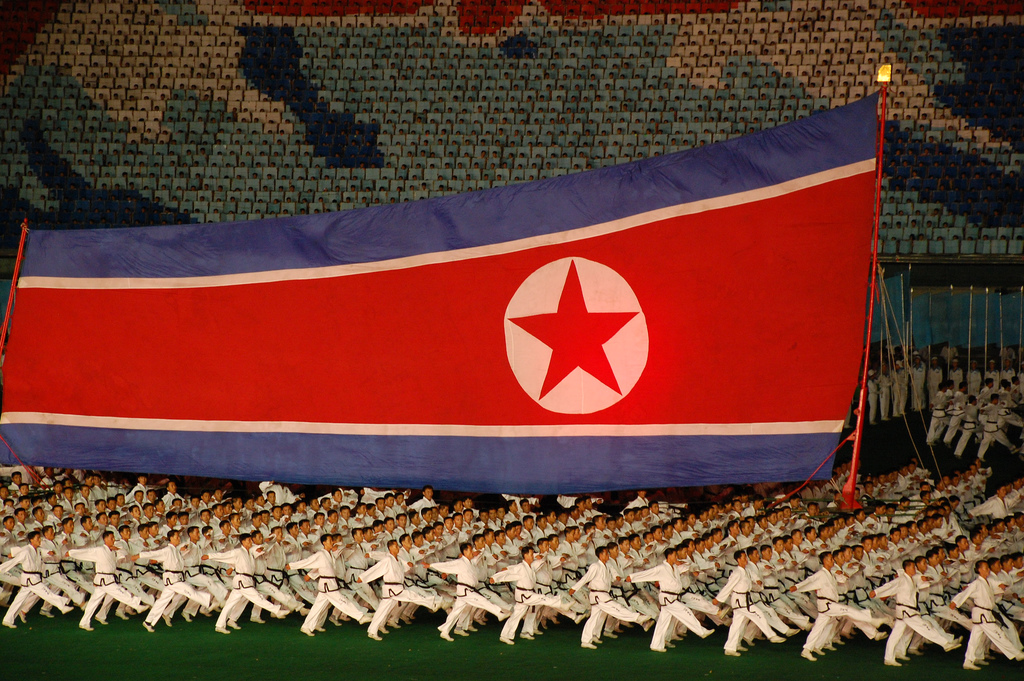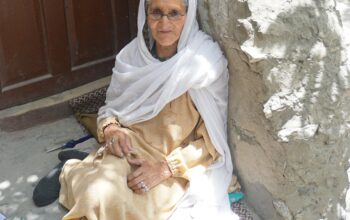Imagine: one day you wake up and find out from the newspaper that the North Korean government announced widespread democratic and market reforms. They introduce freedom of speech, private entrepreneurship and convertible currency, and many other things inherent to liberal and democratic countries. Their citizens can now travel to other countries, buy imported goods and vote for the government they like. The democratic peace is established. Other states can exhale and no longer worry about North Korean military power.
Now you can stop dreaming: this did not happen. The North Korean reality is actually full of contradictions. It combines planned economy with individual entrepreneurship, ”iron curtain” with escaping from the country, ration cards with individual farming, repressions with reforms, censorship with dreams about Chinese video recorders.
Still, we can only guess about the future of the North Korean regime, as it is not that predictable in the modern market-oriented and interdependent world. It may endure for an indefinite period of time; it may be dismantled and substituted with a more democratic and market-oriented system (following the example of the USSR). Other options are, it might transform into a system with state control over the political system and market economy (following example of China); or perhaps the existing socialist system might be replaced with some other form of dictatorship.
Either way, what would happen if North Korea was to finally embark on the road to democratisation and the building of a market economy? Let’s make some guess-work. Democratisation would probably be welcomed by the international community and its own citizens. Though, it could create obstacles inconveniencing many interested parties.
The current elite, led by Kim Jong-un, are the main decision-makers and the ones with the power to reform North Korea. It is possible that they would honestly be willing to introduce democratic and economic reforms in the country to the full extent. But having perpetrated gross human rights violations in the country, no one could guarantee their immunity after the liberation of their people and no one would guarantee that they wouldn’t be massacred by citizens or stand trial at court. Therefore, safest option left for decision-makers would be to continue moving towards a bright, socialistic future.
Let’s once again imagine that, in order to facilitate the transition to democracy in the country, the international community decides to strike a bargain with the North Korean elites and promise to refrain from prosecution. This causes a moral dilemma: this promise may provide an impetus for democratic development and liberation of 25 million people. At the same time, this would be unfair to those who suffered from the regime and would create a precedent demonstrating that violating human rights and international law can be justified. However, to keep the promise to punish the guilty means to preserve the situation in its current form.
No doubt, the United Nations would warmly welcome a newly born democratic North Korea that would live in peace with its neighbours. However, in case a new government couldn’t make a smooth transition to market system, the economy could end up in a fine pickle. This creates the potential for whopping inflation, unemployment and famine, which the United Nations may have to deal with. Yet, the situation with malnutrition is already a burden for the North Korean government. The United Nations has been helping to feed hungry North Korean citizens, as the planned economy cannot cope with the people’s existing nutritional needs. Still, North Korea is not on the list of top aid recipients. But it could be – if the situation with food supplies worsens. In this case, to help North Korea get on its own feet, the United Nations would need to provide additional monetary injections, staff resources and humanitarian aid to avoid growing human suffering.
North and South Korea used to be one country in the past, and reunification is a dream that has been bothering both countries since their parting. Reunification could become more of a reality if there were to be reforms in the Northern part. The problem is that the infrastructure and living standards of these two parts would have to be aligned. The South would have to invest a lot of hard-earned money in North Korean economy to close the gap between the former neighbours’ economic situation. At the same time, the South could possibly be overwhelmed by the migrant flow, coming from above the 38th parallel.
China, the main trading partner of North Korea, would feel the consequences of its ally making a 180 degree-turn as well. North Koreans could also dash to China in pursuit of jobs or a better life. The immigration would impact China’s national security. Some consider North Korea to be a buffer between China and South Korea which has American troops on its territory, and China and the USA don’t have a very warm relationship. The region would need time to redress the balance of power.
However, the above-mentioned scenarios are quite moderate depictions of how the situation might actually develop in the future. Even though a Third World War seems to be the most unrealistic option, we should always keep in mind that North Korea is a nuclear power. Increased pressure on the current regime, humanitarian interventions or military operations could rock the fragile boat of non-war. We shouldn’t write off the possibility of civil war and a race for power if the current elite would prove unable to continue governing the country. In that case, total state control would be replaced with complete anarchy and humanitarian catastrophe.
Still, we can only guess what the future of 25 million people would be like. “Hope for the best, prepare for the worst” – democratisation could be accompanied by crisis. And it might turn out that North Korea was much better off with socialism, than with the greater economic hardship and human suffering democracy might bring.
Related articles:
Of brain drain, K-Pop, and other threats at the inter-Korean border
Photo credits:
Picture 1: Will De Freitas, licensed under CC BY-NC-ND 2.0
Picture 2 & 3: (stephan), licensed under CC BY-SA 2.0
